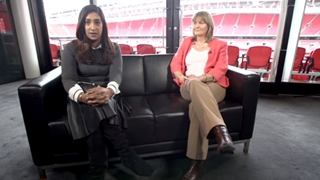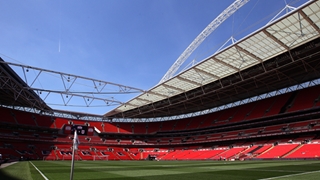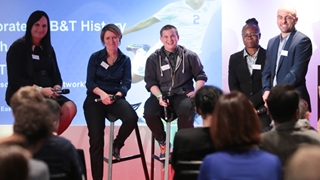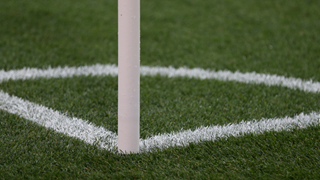
In light of recent interest around safeguarding and child protection issues in football, a short film has been produced which explores the policies and practices The FA, and the wider football industry, has in place.
Head of equality and safeguarding for The FA, Sue Ravenlaw, explained that football has been involved in safeguarding since the late 1990s: “The FA has to demonstrate that we’ve put standards and safeguards in place across the game. This is monitored by a body called the Child Protection in Sport Unit.
“We have a network across the game of lead people in clubs. It’s their job to make sure they put those standards in place," he said.
"In addition to that, we have to look at roles that give power and influence over children like coaches and managers who pick and choose who’s playing, and ensure that those people are criminal records checked and have had safeguarding training. We’ve done 50,000 checks a year and 35,000 people go through that training.”
Watch Sue Ravenlaw and Tina Daheley discuss safeguarding
Ravenlaw outlined how the game works closely with the authorities in order to keep children safe, and where the lines of duty were drawn:
“The law, not football, governs who can and can’t have a criminal records check and simply playing, whilst that might bring quite a lot of celebrity for some, isn’t a role that we can legally criminal records check.
"If someone is that wider role where there is a position of influence and trust, such as coaching, managing or being a medic, then we must criminal records check those roles but simply playing doesn’t mean that we do.
“Unfortunately there a still people that slip through the net and don’t respect clear boundaries hen working with children and young people. We’ve seen the devastating effects of celebrities across many walks of life who have abused their position of power and influence, that the celebrity status gives them.
"We all have duty to learn from these instances and cases whether they’re in sport or not, take those lessons and improve the environments that we have.
“We continually review our practice and to ensure the child’s welfare is the most important thing. We do this collectively with all the bodies in football and look at what guidance might need to be improved, and what further education we could do.”







